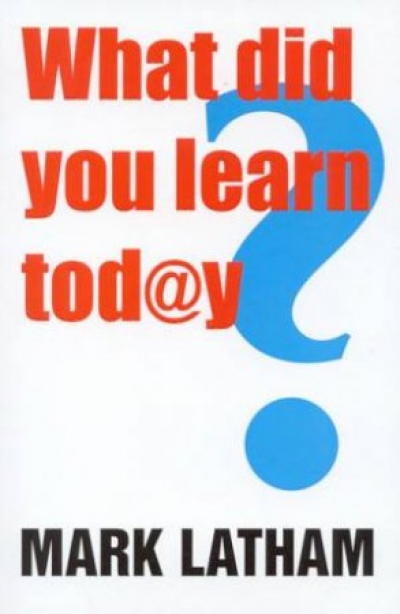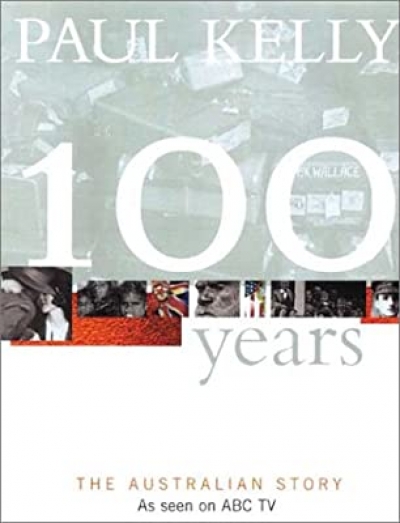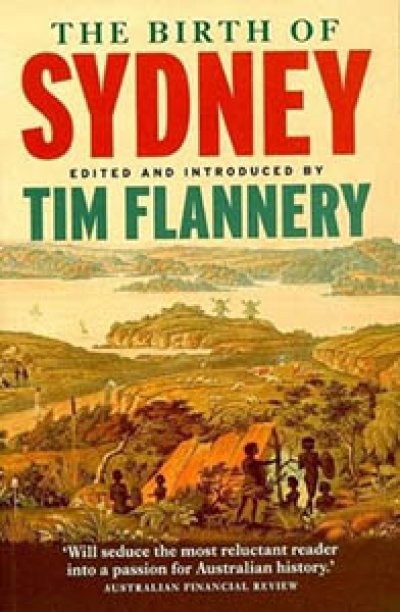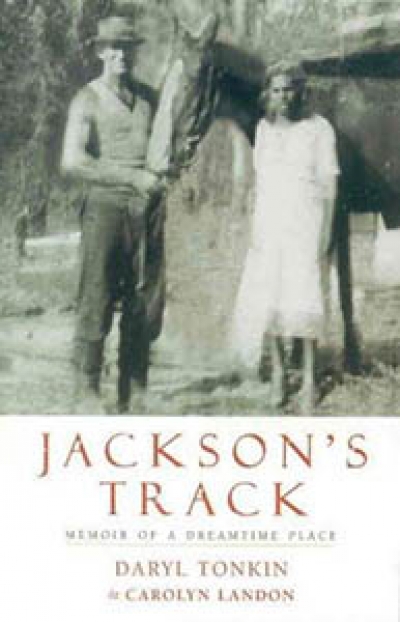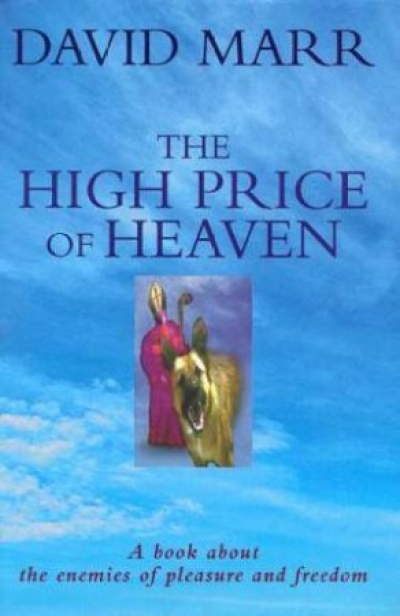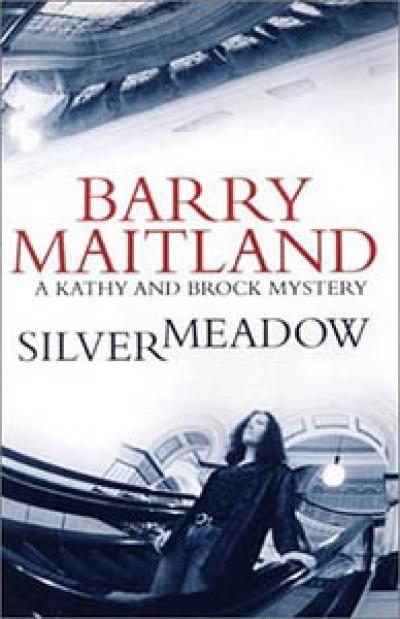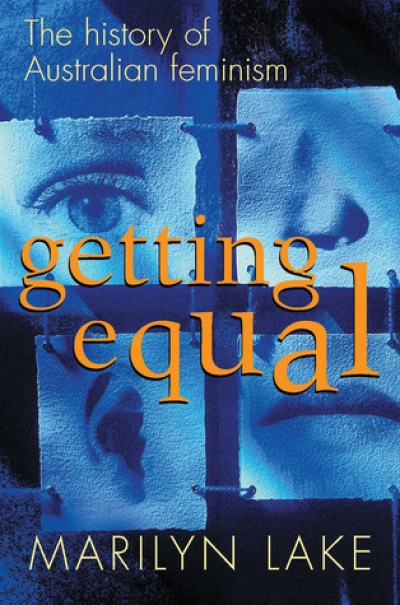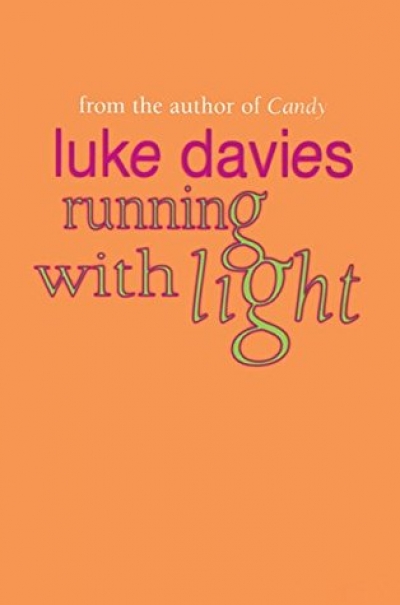Allen & Unwin
The Birth of Sydney edited by Tim Flannery & Buried Alive, Sydney 1788-92 by Jack Egan
by Robyn Annear •
Jackson's Track: Memoir of a Dreamtime place by Daryl Tonkin and Carolyn Landon
by Alison Ravenscroft •
Silver Meadow by Barry Maitland & An Uncertain Death by Carolyn Morwood
by Sue Turnbull •
Getting Equal: The history of Australian feminism by Marilyn Lake
by Jenna Mead •

